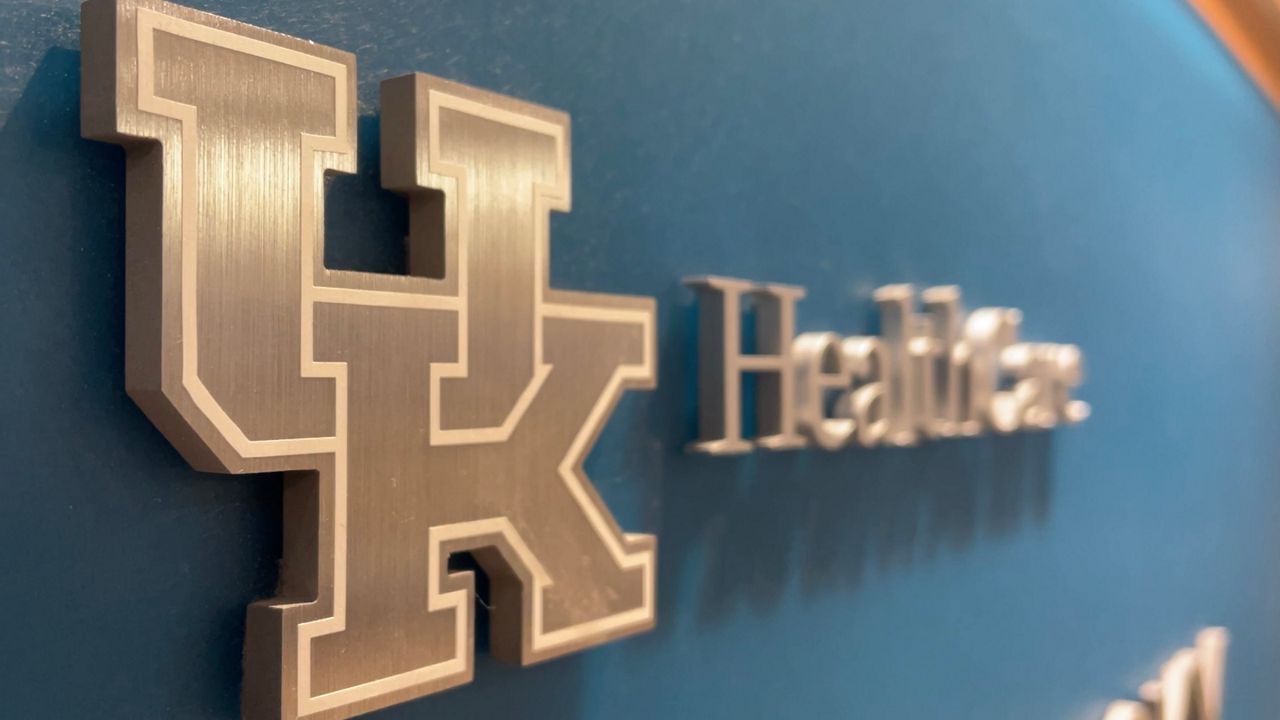LEXINGTON, Ky. — Anthem is urging people to get screened for colorectal cancer.
The health insurance carrier says it’s the third most common type of cancer among adults and rarely shows any early symptoms.
The good news is that the survival rate is about 90%, if it’s caught early or before cancer can spread. For some, getting a screening is easier said than done.
Anthem Medicaid director of Health Equity Tabitha Ross says, “African American men in our urban areas have a health disparity and differences in outcomes for colorectal cancer screenings.”
According to the CDC, in 2019, Kentucky was one of the 10 states with high rates of colon-rectal cancer, highest among women and Caucasians with low screening rates amongst African Americans.
To increase screening, Anthem and the University of Kentucky’s Center for Health Equity Transformation are teaming up with Black churches to invite the community’s perspective and support to the conversation.

UK’s Center for Health Equity Transformation is working with Anthem medicaid and African American churches to increase colorectal screening and prevention efforts. (Spectrum News 1/Sabriel Metcalf)
“Going to the communities of individuals where we may see how disparities are out there we’re going to work with those community-based organizations or organizations individuals are connected with to ensure that we can promote good health, healthy behavior screening, and preventative types of measures,” Ross said.
Ross and the team are working to ensure that all Kentuckians have the chance at health equality regardless of identity factors like race and more. Recently, the focus has shifted toward helping remove barriers that prevent individuals from completing screenings.
The insurance company also has a reminder for people who are feeling apprehensive. There are other options.
“A lot of times we found mistrust can be some of the barriers that people who are seeking treatment or finding out. Sometimes we found in the research that individuals are just not aware that there are multiple ways to have screenings. So not only may you have to have a colonoscopy, you may be able to have a stool testing.” Ross said.
The U.S. Preventive Services Task Force encourages colorectal cancer screenings in adults between 45 and 75.



